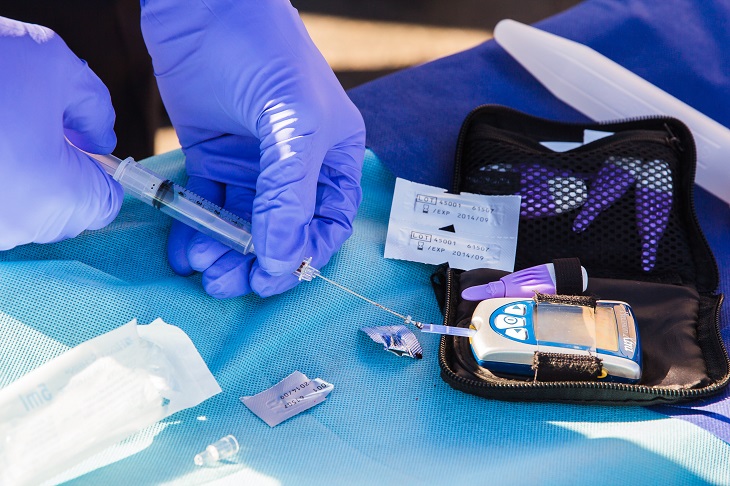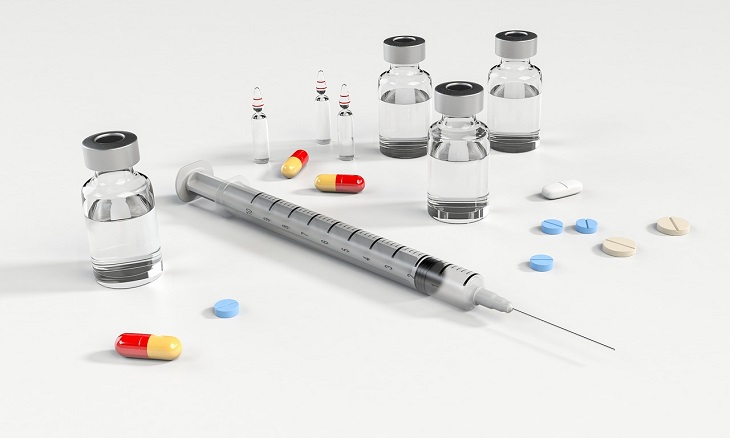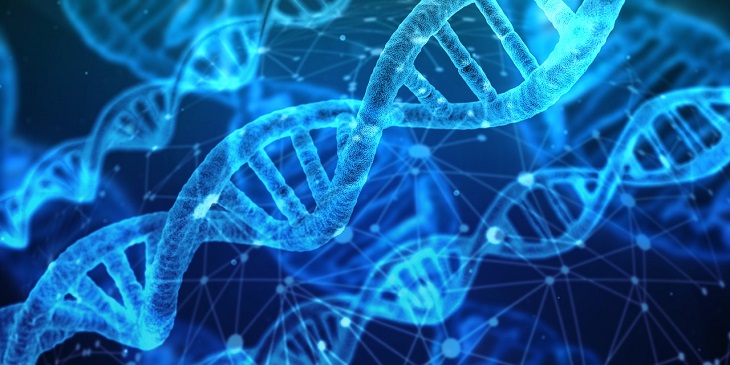Having a well-functioning immune system is one of the most important aspects of bodily health. After all, our immunity is what keeps us safe from disease and infection. Without the immune system working as it should, people become more likely to experience frequent infections, more severe symptoms, and even the onset of various chronic diseases.
Many things can be done to ensure that your immune system is functioning as it should, such as eating a healthy diet, exercising, keeping up with proper hygiene, and avoiding coming into contact with pathogens when possible. That said, those staples of immune health aren’t the only roads you can take to keep yourself protected and your immune system running at its best.
One other avenue that has become increasingly popular for immune health is the use of peptides. But what exactly are they? And can peptides help with the immune system? Read on to learn more.
What are peptides?
Peptides are strings of amino acids, which are what many people refer to as the “building blocks” of proteins. Proteins are important because of how they influence cells that are tasked with maintaining the structure, function, and regulation of tissues and organs. Peptides can be both naturally occurring and taken in synthetic form.
Naturally occurring peptides form within the body during a process known as transcription, which happens when certain DNA gene sequences are copied and turned into messengers to provide code or instructions. They are used to produce or build various vital substances within the body such as hormones, enzymes, cells, and tissues.
Lab-created peptides are designed to act in the same way as the natural peptides the body creates. Recent research has seen synthetic peptides being used to develop viable medications for a large number of different diseases.
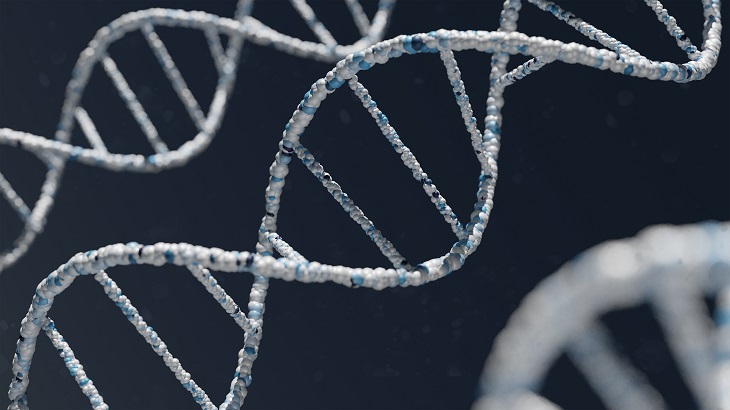
Is there a connection between peptides and the immune system?
Since peptides play a role in virtually every aspect of human health, their connection to the immune system is strong. Various things can affect how the immune system functions, such as hormones, cells, and the health of certain organs. The immune system requires symbiosis throughout the body for it to do its best work, and peptides play a large role in that symbiosis by influencing other substances within the body.
Are peptides good for the immune system?
While naturally occurring peptides play a vital role in immunity, studies on using synthetic peptides for their immune capabilities have also found that they may be beneficial in a variety of ways. One particular study looked at the influence peptides had on the immune response in conjunction with vaccination against diseases, finding that using peptides to create vaccinations could be highly effective at creating the right immune response at the right time.
Other research has investigated how peptides can influence innate immunity, which is the defense system essentially built in to every person’s body. It doesn’t react to specific pathogens, but it still has two important roles: it prevents access to the body through the use of barriers such as the skin, and it acts as an alarm system that sets off an immune response so that specific antibodies and immune cells can be created to fight specific pathogens.
One particular study investigated key antimicrobial peptides and how they help to form innate immunity. The research shows that these peptides have worked as a team against microbes for hundreds of millions of years. This has led researchers to believe that antimicrobial peptides could open the door to forming new and more viable antibiotics.
What peptides boost the immune system?
While all peptides have their own respective tasks within the body, some may be better for the immune system than others. Those include:
Sermorelin
Sermorelin is also referred to as growth-hormone releasing hormone, or GHRH. As the name suggests, it helps with the release of growth hormone. It has 44 amino acids and is produced in a small region in the brain known as the hypothalamus. When sermorelin helps to release human-growth hormone to maintain overall levels, it can reduce inflammation throughout the body. Inflammation, although useful in some cases, can cause dysfunction within the immune system, so reducing it overall can help to curb any issues.
Ipamorelin
Ipamorelin is another type of peptide that acts on human growth hormone, but is released from the pituitary gland, a small gland located in at the base of the brain. The action of ipamorelin is similar to semorelin in that it helps to stimulate the release of growth hormones.
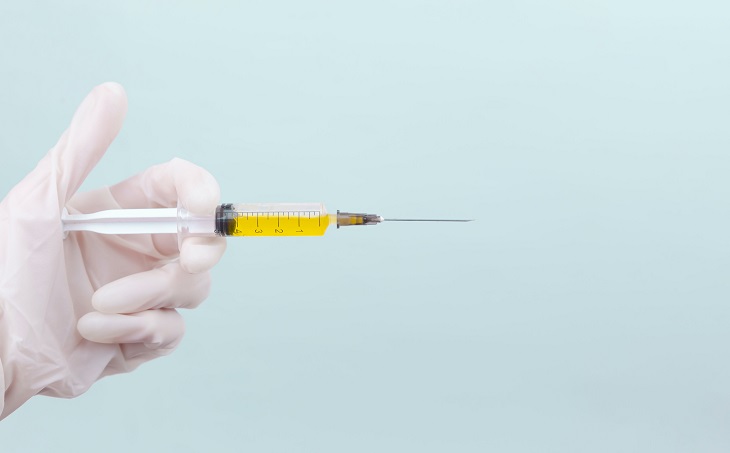
CJC-1295
Another peptide that affects human growth hormone is CJC-1295. It is a synthetic peptide that has been used to mimic the actions of ipamoreline and sermorelin. When someone takes this peptide as a way to address certain health issues, it can lead to a more active immune response that helps fight off invading pathogens.
Thymosin Alpha-1
Thymosin Alpha-1 is a type of peptide hormone produced within the thymus gland, which can be found in the middle of the upper chest area. According to research, this peptide has a way of helping the immune system by improving the response of immune cells known as T-cells, as well as activating other immune cells known as natural killer cells. It can also help to mediate inflammation so that the body reacts the way it’s supposed to against illness or disease.
Peptides, both naturally occurring and synthetic, can be part of a healthy immune system and play a vital role in your body’s defenses.
Featured image by camilo jimenez on Unsplash





















